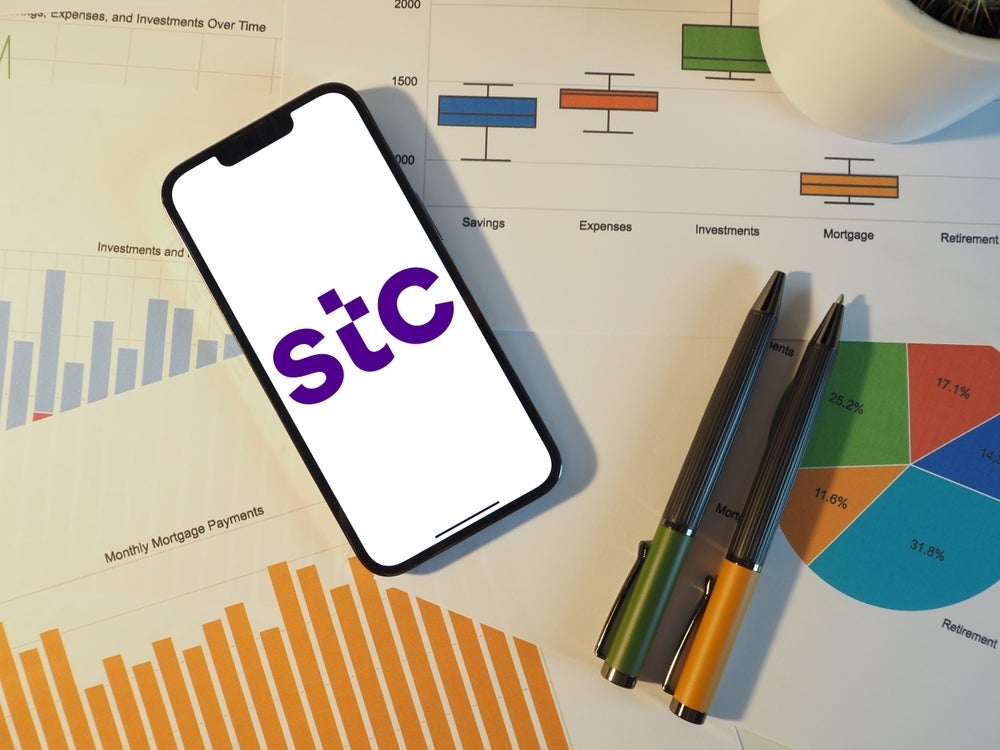
The open banking ecosystem is in a state of flux, with the ultimate winners and losers far from determined. Various types of new entrants are actively pursuing this opportunity under a variety of different local market conditions. Ultimate competitive conditions will be determined by which firms can best understand key gridlines of change here and reimagine their propositions, and their business models.
Listed below are the key macroeconomic trends impacting the open banking theme, as identified by GlobalData.
Adapting to long-term ultra-low interest rates with subscription pricing
Big incumbent banks typically generate around 80% of their revenue from net interest margins. Long-term macroeconomic policy likely leaves a massive hole in the balance sheet, which many incumbents are already seeking to diversify away from. Short-term, open banking represents all costs, in terms of setting up improved data capabilities, dealing with application programming interface (API) calls, research and marketing into building and understanding what a business-to-business (B2B) data business might look like, etc.
One clear trend towards data enhancement and personalisation is subscription pricing. Data from Open Banking Org in the UK suggests the most prevalent charging model for API-enabled products, whether infrastructure services, product APIs, or customer experience APIs, is a recurring monthly charge and/or pay per call.
Responding to threats from new entrants
Open banking initiatives the world over lower barriers to entry, around access to bank data and in allowing niche players to partner to ‘re-bundle’ banking and represent a more viable alternative to incumbent full-service providers. Estimates differ on the potential loss of income from this. Citi predicts a loss in business volumes of up to 50% in payments and investments and up to 35% in consumer and business lending and mortgages to new entrants by 2025. Accenture estimates that as much as $416bn of banks’ total revenue will be at stake as the open data economy materialises over the next three years.
Open banking and the global pandemic
Research from the Open Banking Implementation Entity (OBIE) and Ipsos MORI showed that 50% of small and medium-sized enterprises (SMEs) surveyed had begun using open banking since the start of the pandemic. Meanwhile, financial API provider TrueLayer recorded an eightfold increase in UK consumers using payment initiation to pay for goods and services online during the lockdown. The majority of growth (88%) was from people with bank accounts held at traditional financial institutions such as Lloyds or Barclays, with account holders at challenger banks such as Monzo and Revolut accounting for 12% of growth.
How well do you really know your competitors?
Access the most comprehensive Company Profiles on the market, powered by GlobalData. Save hours of research. Gain competitive edge.

Thank you!
Your download email will arrive shortly
Not ready to buy yet? Download a free sample
We are confident about the unique quality of our Company Profiles. However, we want you to make the most beneficial decision for your business, so we offer a free sample that you can download by submitting the below form
By GlobalDataPrior to the lockdown in the UK, TrueLayer had previously recorded a steady 43% month-on-month increase in payment initiation adoption. In March 2020, use shot up 460% as many people began working from home or were furloughed. TrueLayer is estimated to account for more than half of the payment initiation market in the UK.
Covid-19 drives embedded finance
Engagement has always been the big advantage for social media giants over incumbent banks, and Covid-19 appears to be increasing that further. Kantar surveyed 25,000 consumers across 30 markets and found that, as of April 3, 2020, the use of Facebook was up 37% globally, while in China, local social media apps like WeChat and Weibo have seen usage increase by 58%.
In Facebook’s quarterly earnings call on April 29, 2020, the company said that it has seen increased usage across all of its services, with an average of 2.3 billion people using at least one of its services daily during the quarter. Perhaps unsurprisingly, Facebook found that the highest levels of demand were from those countries most affected by Covid-19. For instance, people were spending 70% more time on Facebook apps in Italy.
A higher engagement increases the risk of firms becoming more preferred suppliers for adjacent financial services. Google Plex has since been pulled, amid intense speculation of pushback from Google’s banking customers for Cloud, and because Google’s product head left, creating a lack of support and ownership for Plex within the firm. Yet, these trends continue elsewhere, with Singapore having granted five new banking licenses to non-bank players, among them Grab, with 200 million users across eight countries.
Open banking partner performance
As part of the ecosystem strategy, banks seek to lock in their customers by giving them access to the best ecosystem of partner firms and using that data to evolve more personalised solutions. Measuring partner performance, in terms of the revenues they generate and the value they create for customers and other members of the ecosystem, is a fundamental component of successful open banking relationships.
Financial inclusion
Financial inclusion has long been a central plank of UN Development Goals, cascaded down into national economic development strategy. Particularly in Africa and Asia, open banking will help providers accurately price risk on hard-to-assess customer segments and bring them into the financial system, so they can better participate in the fruits of inclusive, economic development. For example, Indonesia’s Gojek has managed to combine data from digital wallets, telcos, and ride-hailing apps to build financial products for underserved customers.
This is an edited extract from the Open Banking 2021 – Thematic Research report produced by GlobalData Thematic Research.







Related Company Profiles
Google LLC
Accenture Plc
Barclays Plc
Grab Holdings Ltd
Revolut Ltd